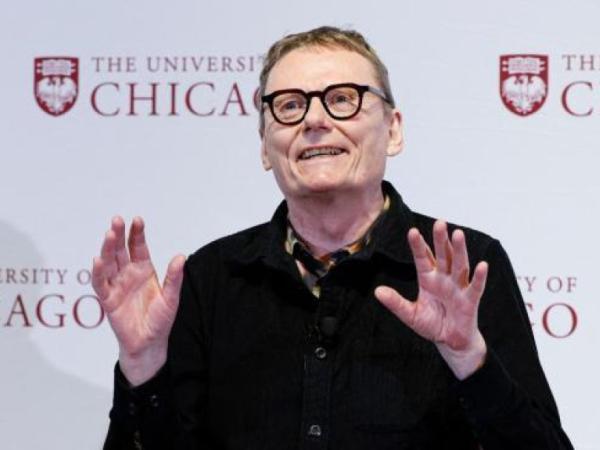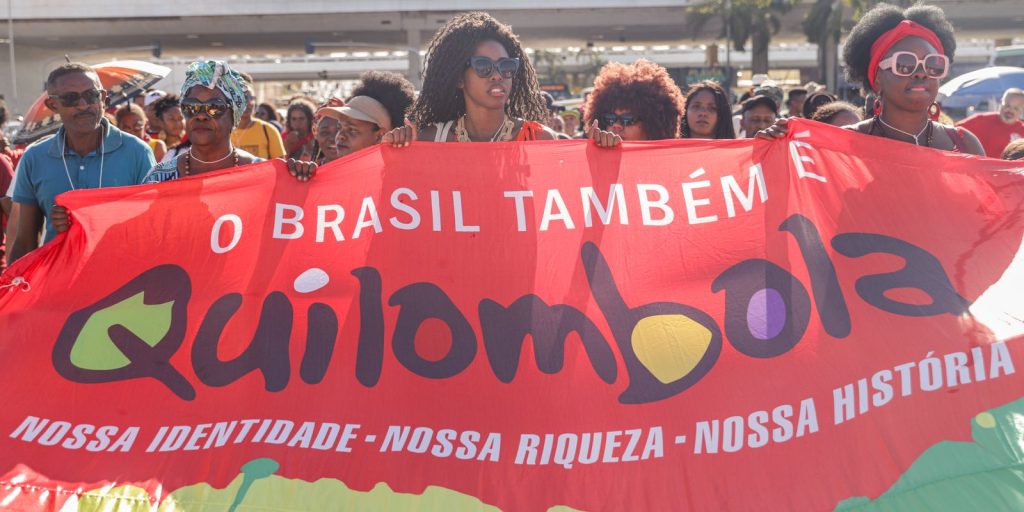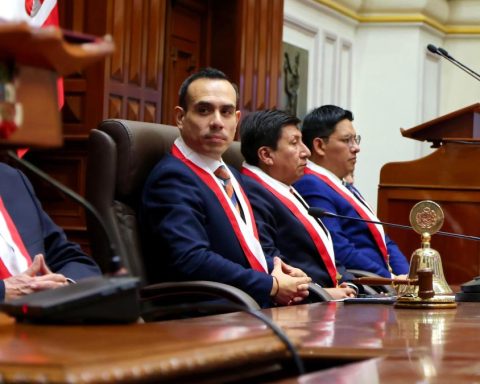Daron Acemoglu, Simon Johnson and James Robinson They were awarded the Nobel Prize in economics by the Royal Swedish Academy of Sciences. The recognition was awarded to them by “having demonstrated the importance of the institutions of a society for the prosperity of a country.”
(Read more: The chapters of Colombia in the work of the Nobel Prize in Economics)
Although the publications of the laureates address the economy at a global level, one of the three experts has reviewed the Colombia case carefully. This is Robinson, who, among many other achievements, stands out for being an honorary Doctor and professor of international summer schools at the Universidad de los Andes in the country.
In conversation with Ricardo Ávila for EL TIEMPO, the academic referred to his interest in the national territory, the relationship between the economy and politics, and his perspectives regarding the country.
As Robinson explains, one of the bases for the proper functioning and development of a society is in how it is organized. “It is not about topography or Catholic heritage in your case, but about institutions, which are the formal or informal structures that guide individual and collective behavior, which include the law, but also a series of rules “unwritten regarding the public or the way of acting collectively”he explains.
In that sense, this theory seeks to develop that If people focus on changing institutions so that they work better, they can do it. In the case of Colombia, this approach, according to Robinson, “it serves to understand many of its problems: the concentration of wealth, the weakness of political institutions, the long history of clientelism, the shortcomings of the State, among other characteristics.”
(Read more: Colombia could be like the US, but ‘institutions do not allow it’)
Inequality
(See: Three researchers win the Nobel Prize in Economics for their work on inequality)
Regarding his perspectives on the country, the expert points out that although he believes that the current administration was received in a democratic manner and has the intention of generating changes, the problem is in the implementation.
“I think that President Petro really received a democratic mandate to do something different, but I don’t see that he is capable of providing it. He has exactly the same problem as any other previous government, which is the inability to implement. He may not have been born in Bogotá, but his mentality is the same as his predecessors, which is to assume that passing a law or issuing a decree is enough,” mentions.
The above reinforces the belief that problems can be solved without building institutions necessary to reconfigure society. “I think there is something more fundamental. It is the way in which the State interacts with society. There is never the political impulse or the program that changes the situation”he adds.
Robinson points out that, despite this, we must continue trying in order to make all the potential that the country has ‘bloom’. “They have so much potential that the question is how to unleash it. Doing so requires seriousness, planning, the ability to implement, define priorities. That is why it is worth putting aside differences and finding how to transform Colombia, for the good of the majority.”he highlights.
(See: Why does the IMF project a ‘difficult future’ for the world economy?)
PORTFOLIO


















